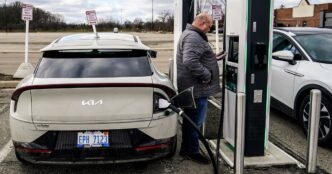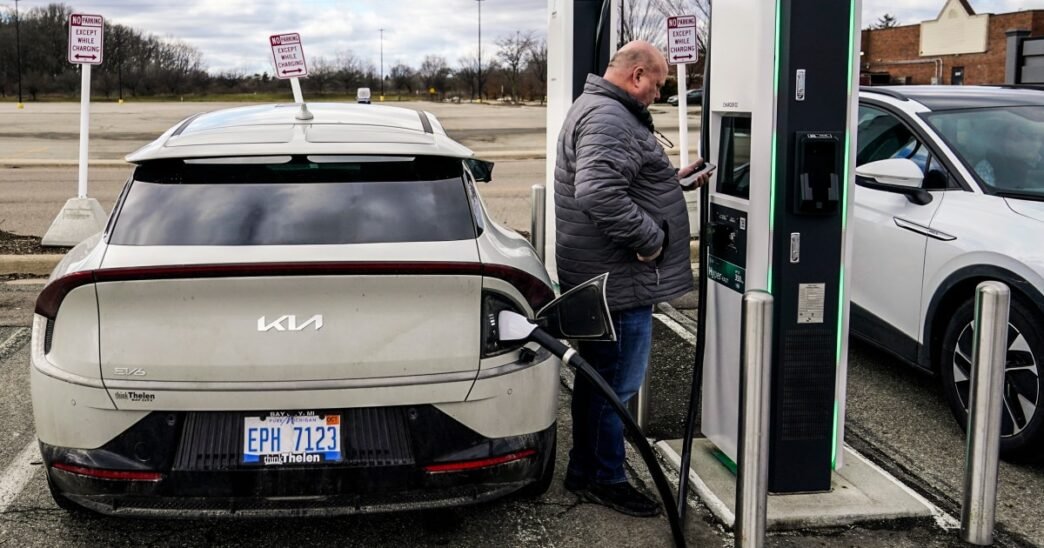President Donald Trump suggested over the weekend that consumers could dodge his sweeping 25% tariffs on foreign vehicles and auto parts by buying cars made entirely in the United States. The only problem: There aren’t any.
“If you make your car in the United States, you’re going to make a lot of money,” he told NBC News in an interview Saturday. “If you don’t, you’re going to have to probably come to the United States, because if you make your car in the United States, there is no tariff.”
Trump, who is set to announce a new tranche of broad-based tariffs Wednesday, said he “couldn’t care less” if automakers raise prices to offset the costs of the import taxes and denied recent reporting that he’d threatened industry executives not to do so.
Even U.S.-assembled automobiles by major American brands rely heavily on complex global supply chains for the roughly 30,000 parts that make up the average car. Overall, the percentage of auto parts that are sourced abroad hovers around 40%, said Dan Ives, the global head of technology research at Wedbush Securities, a financial services firm.
“U.S.-made cars with all U.S. parts is a fictional tale,” Ives said.
Ivan Drury, director of insights at Edmunds, put it no less bluntly, telling NBC News this month, “There’s no vehicle where every single component is manufactured from the ground up in the United States.”
A senior automotive executive, who asked to speak anonymously to avoid disrupting sensitive negotiations with the Trump administration, expressed concerns about the industry’s ability to adapt to tariffs because of manufacturers’ extensive supply chains abroad. Even though many vehicles — both American and foreign — are assembled domestically, they’re built using lots of parts that aren’t made in U.S. factories.
A White House spokesperson didn’t immediately respond to a request for comment.













